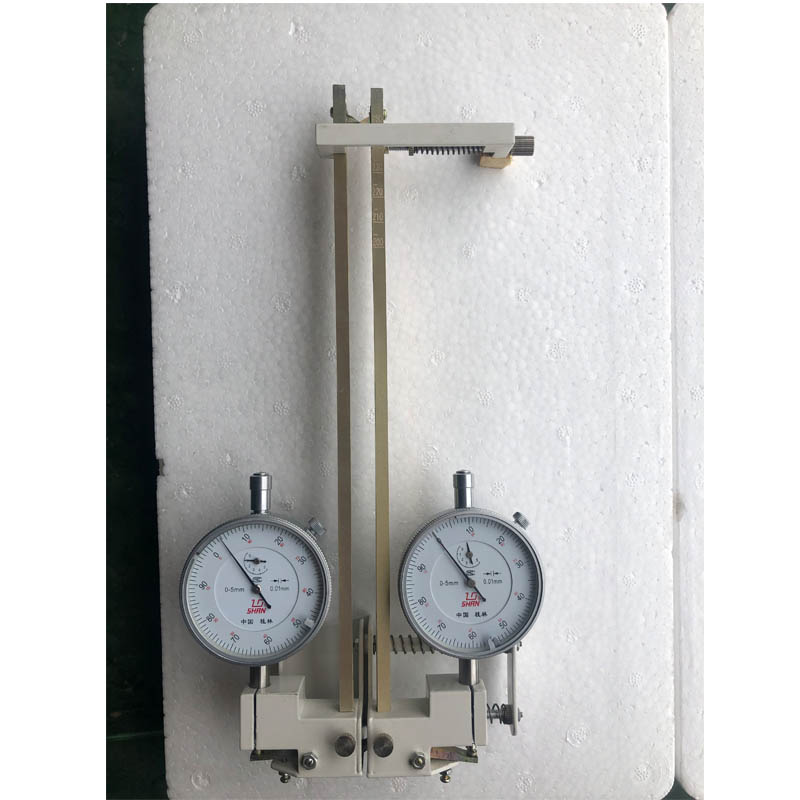Leading Manufacturers of Universal Tensile Testing Machines for Various Industrial Applications
Universal Tensile Testing Machine Companies A Comprehensive Overview
Universal tensile testing machines are essential tools used across various industries to evaluate the mechanical properties of materials. These machines perform tensile tests, which assess how materials will behave under tension – that is, when they are pulled apart. Industries ranging from manufacturing to aerospace rely on precise tensile data to ensure product quality and compliance with safety standards. This article explores some of the leading companies in the universal tensile testing machine market, highlighting their contributions to the field and the innovations they bring.
One of the prominent players in this sector is Instron, which has been a leader in materials testing for over 70 years. Instron is recognized for its innovative testing solutions and a wide range of tensile testing machines. They provide equipment that caters to different materials, including metals, plastics, textiles, and composites. Their systems are equipped with advanced technologies like Bluehill software, allowing for extensive data analysis and reporting capabilities. Instron’s commitment to research and development has positioned it as a trusted partner for many engineering and research institutions.
Another major company is MTS Systems Corporation, known for its cutting-edge testing solutions. MTS offers a range of universal testing machines that provide accurate and reliable data across various applications. Their tensile testing equipment incorporates modern control systems and user-friendly interfaces, enabling operators to perform complex testing procedures with ease. MTS also emphasizes the importance of customer support and training, ensuring that users can maximize the potential of their testing systems.
ZwickRoell is also a significant name in the tensile testing machine market. This German company has built a reputation for high-quality and versatile testing machines. ZwickRoell’s range of universal testing machines can be adapted for various testing standards, making them suitable for both research and quality assurance applications. Their innovative testing solutions include extensometers and robotics integration, contributing to more efficient and precise testing workflows. ZwickRoell’s commitment to sustainability can also be seen in their development of energy-efficient systems.
universal tensile testing machine companies

In addition to these well-established companies, there are numerous others making their mark in the industry. Tinius Olsen is one such company, known for its long-standing history in materials testing. Their universal tensile testing machines are designed with durability and accuracy in mind. Tinius Olsen emphasizes user-friendliness, equipping their machines with simple control interfaces that facilitate quick setup and operation. Additionally, they offer a range of accessories that enhance the versatility of their testing systems.
Shimadzu Corporation, a global leader in measurement and analysis instruments, also provides advanced universal tensile testing machines. Known for their precision and reliability, Shimadzu machines are widely used across numerous sectors, including automotive and aerospace. Their commitment to technological advancement is evident in their integration of digital technology and automation in testing processes, which enhances efficiency and data accuracy.
As industries continue to prioritize quality control and material integrity, the demand for universal tensile testing machines will remain robust. Companies in this market are continually innovating, offering state-of-the-art features that improve accuracy, efficiency, and user experience. Furthermore, the rise of automation and Industry 4.0 technologies presents new opportunities for these companies to enhance their testing solutions.
In conclusion, the landscape of universal tensile testing machine companies is vibrant and diverse, characterized by a mix of established leaders and emerging innovators. As technology evolves, these companies are poised to meet the growing testing needs of industries worldwide, ensuring that materials perform safely and effectively in real-world applications. Whether it’s through advanced software, automation, or sustainability initiatives, the future of tensile testing looks promising.
-
The Role of Tensile Force Testers in Quality Control and Material Science
NewsAug.01,2025
-
Maintenance and Safety Tips for Aging Ovens
NewsAug.01,2025
-
Density Balance in Forensic Science
NewsAug.01,2025
-
Advanced Optical Measurement Technologies
NewsAug.01,2025
-
A Buyer’s Guide to Tensile Test Machines
NewsAug.01,2025
-
Why the Conductor Resistance Constant Temperature Measurement Machine Redefines Precision
NewsJun.20,2025
 Copyright © 2025 Hebei Fangyuan Instrument & Equipment Co.,Ltd. All Rights Reserved. Sitemap | Privacy Policy
Copyright © 2025 Hebei Fangyuan Instrument & Equipment Co.,Ltd. All Rights Reserved. Sitemap | Privacy Policy
